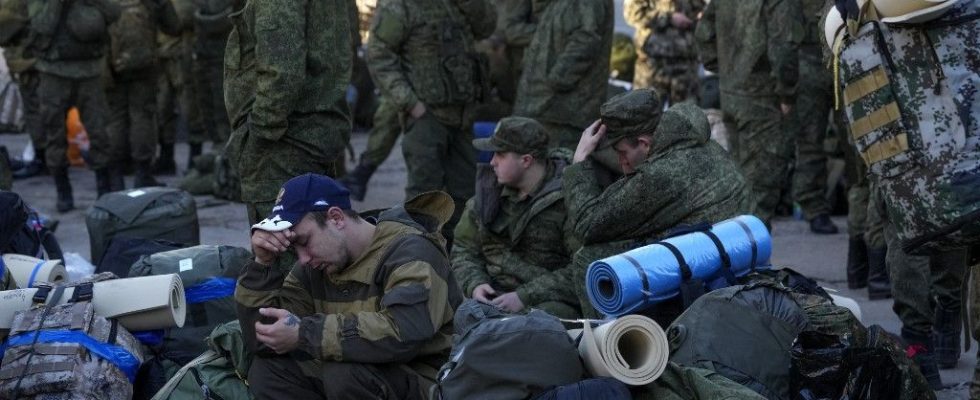The scene takes place in Podolsk, just a few kilometers from Moscow. A 76-year-old man and his 50-year-old son burst into Lenin Avenue. Before passers-by can react, they set fire to a military recruiting office. This incident is just one example among many. Severodvinsk, Kazan, Omsk, Saint-Petersburg… Several Russian cities saw their military centers being attacked in the same way at the end of July, reports the BBC Russian Service.
A total of 17 cases of arson have been identified as of August 1, according to Russian media quoted by the British channel. This would be the largest wave of attacks since that of September 2022, when the mobilization was announced. But this time, the arsonists are not opponents of the war in Ukraine. They would simply be victims of telephone scams.
fake secret service calls
Two patterns have been reported by the press. In the first case, strangers call the victim, often alone and/or elderly, and tell him that they are trying to take out a loan in his name. To prevent this, they trick him into setting fire to a building with a Molotov cocktail, which turns out to be an enlistment office. In the second case, the scammer pretends to be a member of the Russian secret service. The victim is then persuaded to help his country by setting fire to a military center.
So far, authorities have not commented on the incidents. They are mostly reported by the police, Telegram channels and regional publications. The profile of the scammers is also not known. According West France, a pensioner from Moscow was arrested on August 1 when he was on the phone with a scammer with a “Ukrainian accent”, according to the Russian press. Opponents of the war in Ukraine could also be behind this operation.
The independent Russian media Mediazona, Quoted by Newsweek, reported that about 113 military recruiting offices had been attacked in Russia since the start of the war. In 21 cases, the perpetrators of the fire “were persuaded to do so by scammers who convinced them that they were taking part in some kind of special operation”, the outlet said.
